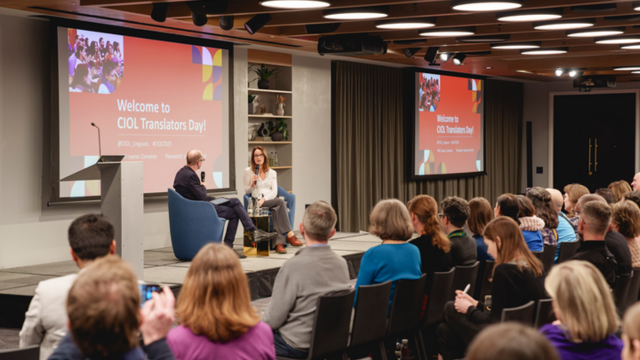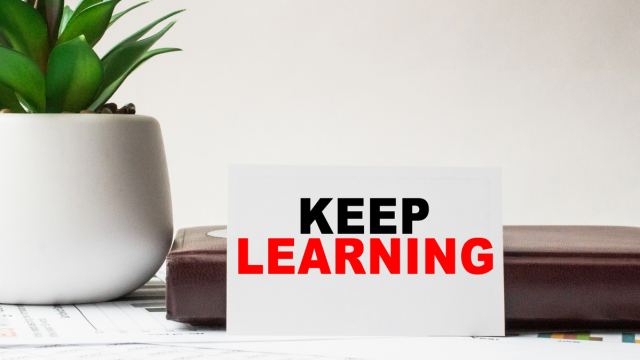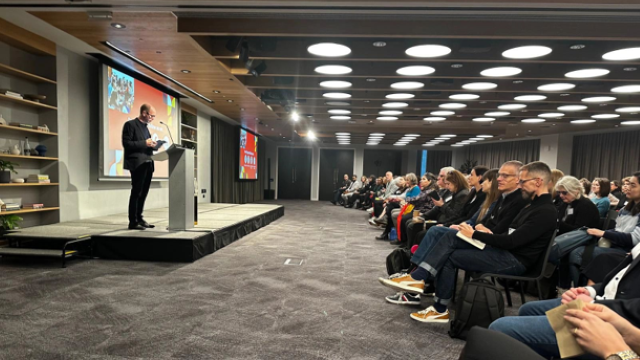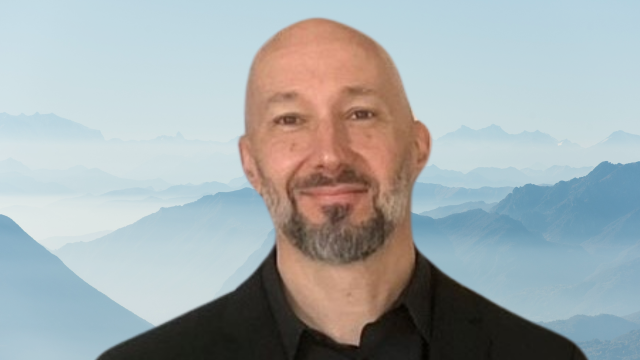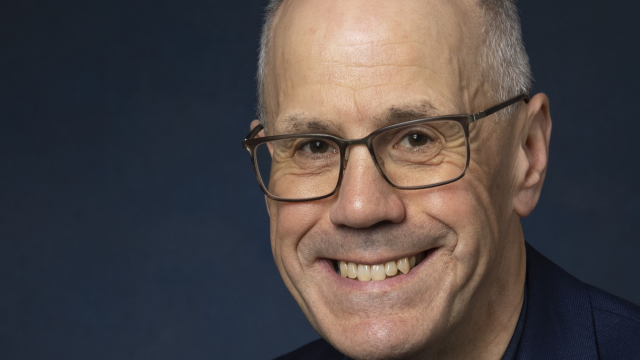-
QUALIFICATIONS
- For Linguists Worldwide
- For UK Public Services
- Preparation
- Policies & Regulation
-
MEMBERSHIP
- Join CIOL
- Membership grades
- NEW for Language Lovers
- Chartered Linguist
- Already a member?
- Professional conduct
- Business & Corporate Partners
-
ASSESSMENTS
- For Second Language Speakers
- English as a Second Language
-
EVENTS & TRAINING
- CPD, Webinars & Training
- CIOL Conference Season 2025
- Events & Networks
- CIOL Mentoring
-
NEWS & VOICES
- News & Voices
- CIOL eNews
- CIOL Awards
- The Linguist
- Jobs & Ads
-
RESOURCES
- For Translators & Interpreters
- For Universities & Students
- Standards & Norms
- CIOL & AI
- All Party Parliamentary Group
- In the UK
- UK Public Services
- Find-a-Linguist
Language learning – the human side
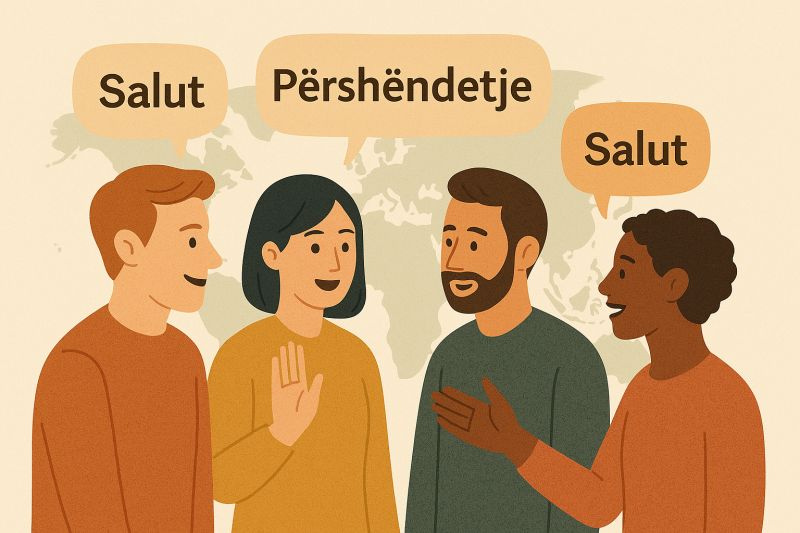
By Chris Hughes
Very often, when we're asked to promote the learning of languages in school, the focus is on how languages benefit your career. And that's admirable and valid, of course. But learning another language is about so much more than that. There's a human side to learning languages that opens up full, genuine experiences, and brings benefits and advantages that can't be defined in objectives and performance standards.
Learning languages - an action of connection
I’ve always believed that learning a language is not just an academic subject or a workplace skill – it’s an act of connection. It's a step towards empathy, curiosity and understanding. It’s about choosing to engage with people on their terms and in their words.
That choice has transformed so many of my experiences. I still remember the first time I visited Kosovo after months of studying Albanian. The moment I said a simple “hello”, something shifted. Smiles widened. Eyes lit up. People asked, almost in disbelief, “Ti folke shqip?!” (“You speak Albanian?”). It didn’t matter how many words I knew – what mattered was that I’d made the effort. That small act said, I see you. I care about your world. And in return, I was welcomed into it.
That’s the magic of languages. They dismantle barriers that we might not even realise are there. Without the shared language, it’s easy to see others as distant or unknowable. But the moment we reach for their language, we step into their stories, their values – and suddenly, everything changes.
Languages build bridges
I’ve felt this shift many times: on school exchanges in Spain, where Spanish and Catalan opened the door to lifelong friendships, on a student camping trip in northern Portugal, where a few words in Portuguese led to shared jokes and stories by the campfire, in the multilingual streets of Ghent and Brussels, where speaking Flemish turned polite encounters into warm conversations. Everywhere, it was the language that allowed me to stop being a visitor and start becoming part of something.
This is what language learning can do. Not just for me, but for anyone. It’s one of the most powerful tools we have for building bridges in a divided world. It creates a space where diversity isn’t just observed, it’s lived and embraced.
The human connection
And here’s the thing: it’s not just about travel or moving abroad. Even within our own communities, there are so many opportunities to connect through language. People from different backgrounds live all around us, and language gives us the ability to reach out, to listen, and to learn from one another in deeper, more meaningful ways.
And in the end, that’s what this is really about. Human connection. Shared experience. Recognising that across all borders and differences, we are fellow citizens of the world.
If there's one thing my journey with languages has taught me, it's this: every time you take the time to learn someone else's language, you're not just learning how to speak. You're learning how to see. How to listen. How to understand.
And that, more than anything, is worth promoting.
This blog is published with thanks to Chris Hughes who originally posted it to LinkedIn, April 2025
 Chris Hughes MBE MA MCIL is a freelance translator. Chris is multilingual and has over 20 years' experience of translating, teaching and transcribing Albanian, Romanian, Basque and Balkan Romani. He also translates from and teaches Catalan, Galician, Dutch and Afrikaans, and has published a course book in Geg Albanian. He holds an MBE for services to languages in government. You can find him on LinkedIn here.
Chris Hughes MBE MA MCIL is a freelance translator. Chris is multilingual and has over 20 years' experience of translating, teaching and transcribing Albanian, Romanian, Basque and Balkan Romani. He also translates from and teaches Catalan, Galician, Dutch and Afrikaans, and has published a course book in Geg Albanian. He holds an MBE for services to languages in government. You can find him on LinkedIn here.
Views expressed on CIOL Voices are those of the writer and may not represent those of the wider membership or CIOL.
Filter by category
More
The Chartered Institute of Linguists (CIOL), Incorporated by Royal Charter, Registered in England and Wales Number RC 000808 and the IoL Educational Trust (IoLET), trading as CIOL Qualifications, Company limited by Guarantee, Registered in England and Wales Number 04297497 and Registered Charity Number 1090263. CIOL is a not-for-profit organisation.

